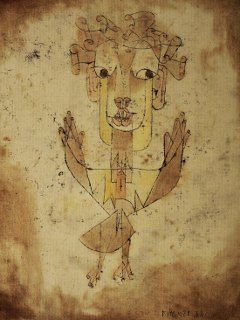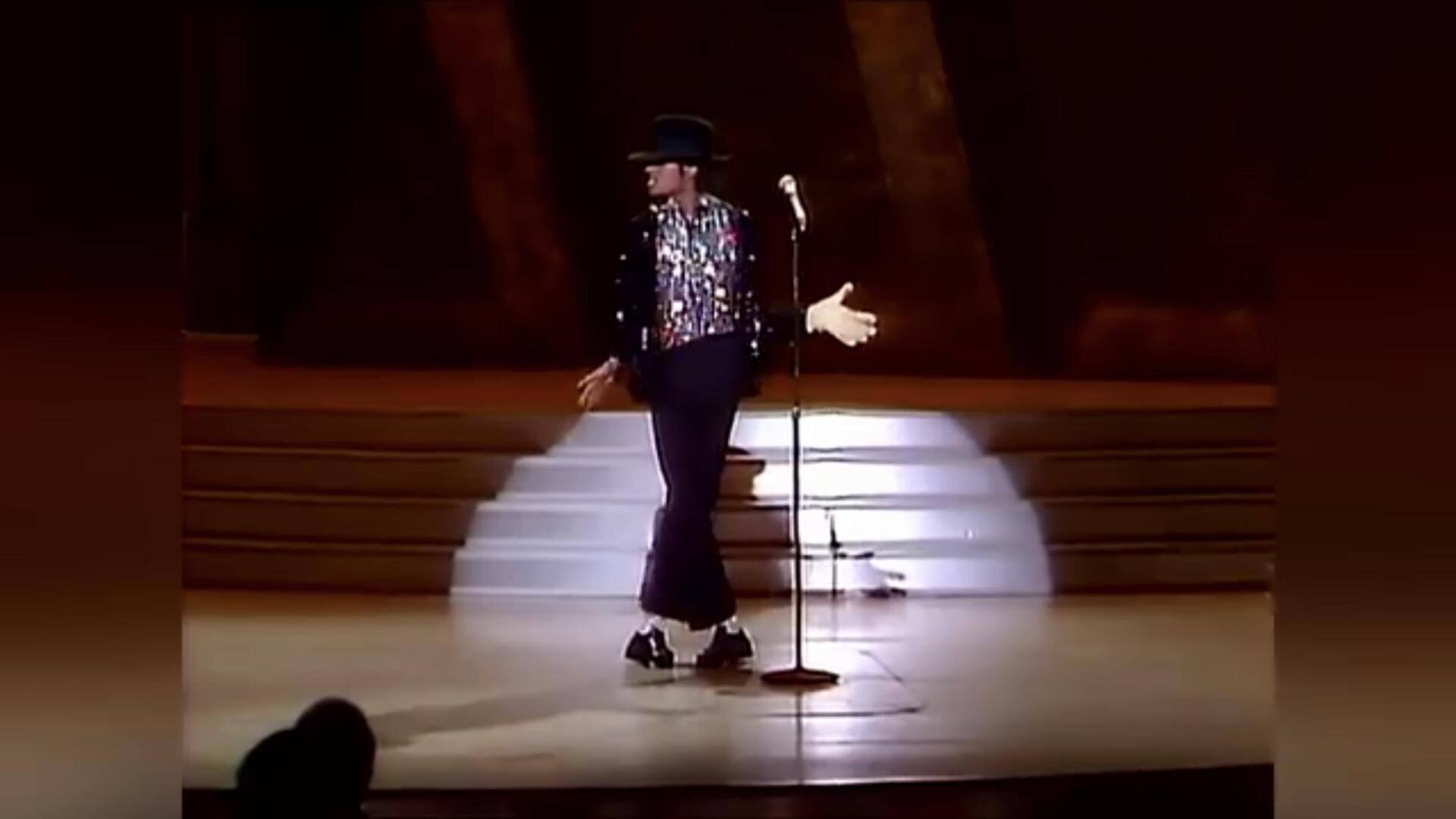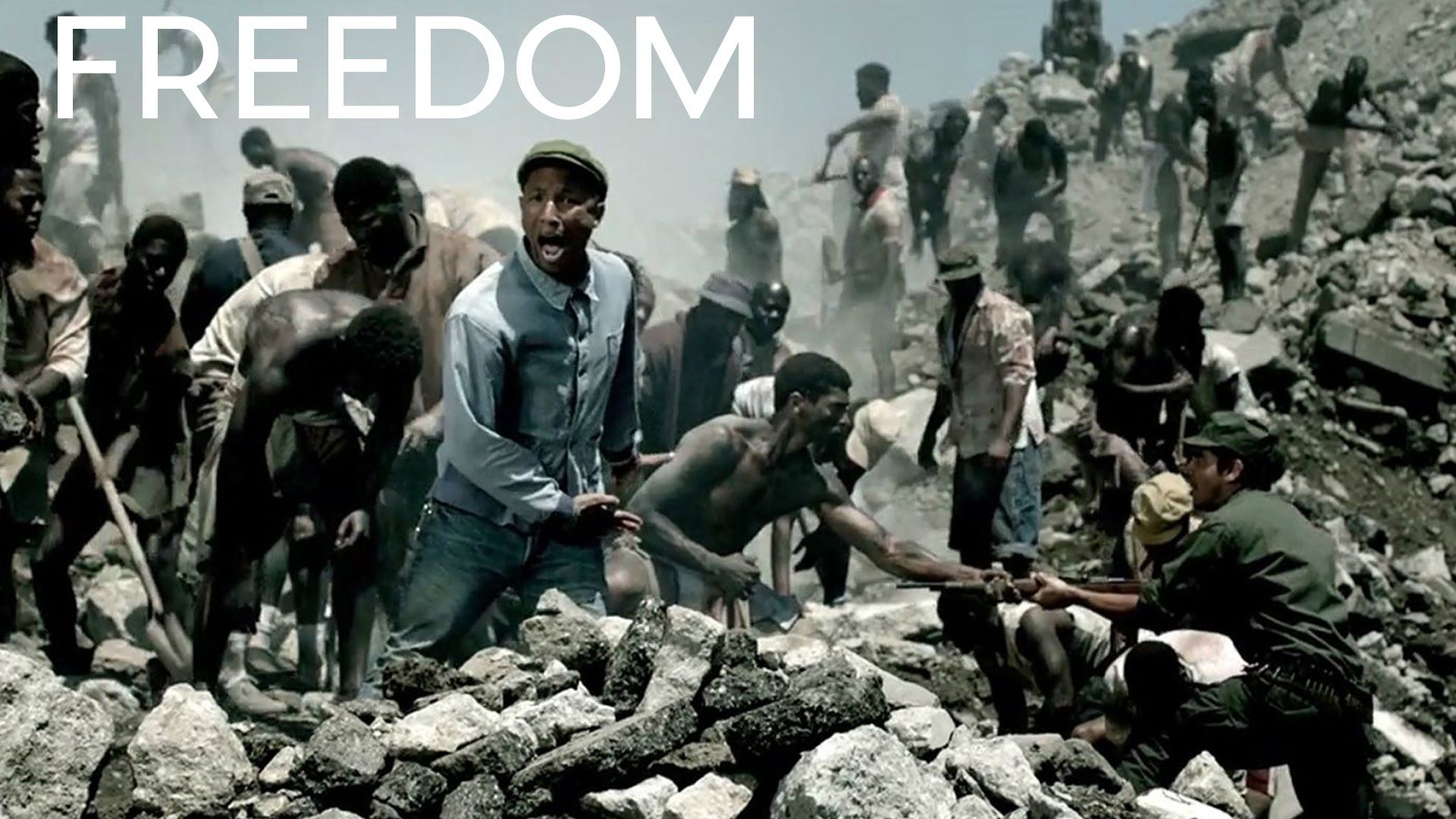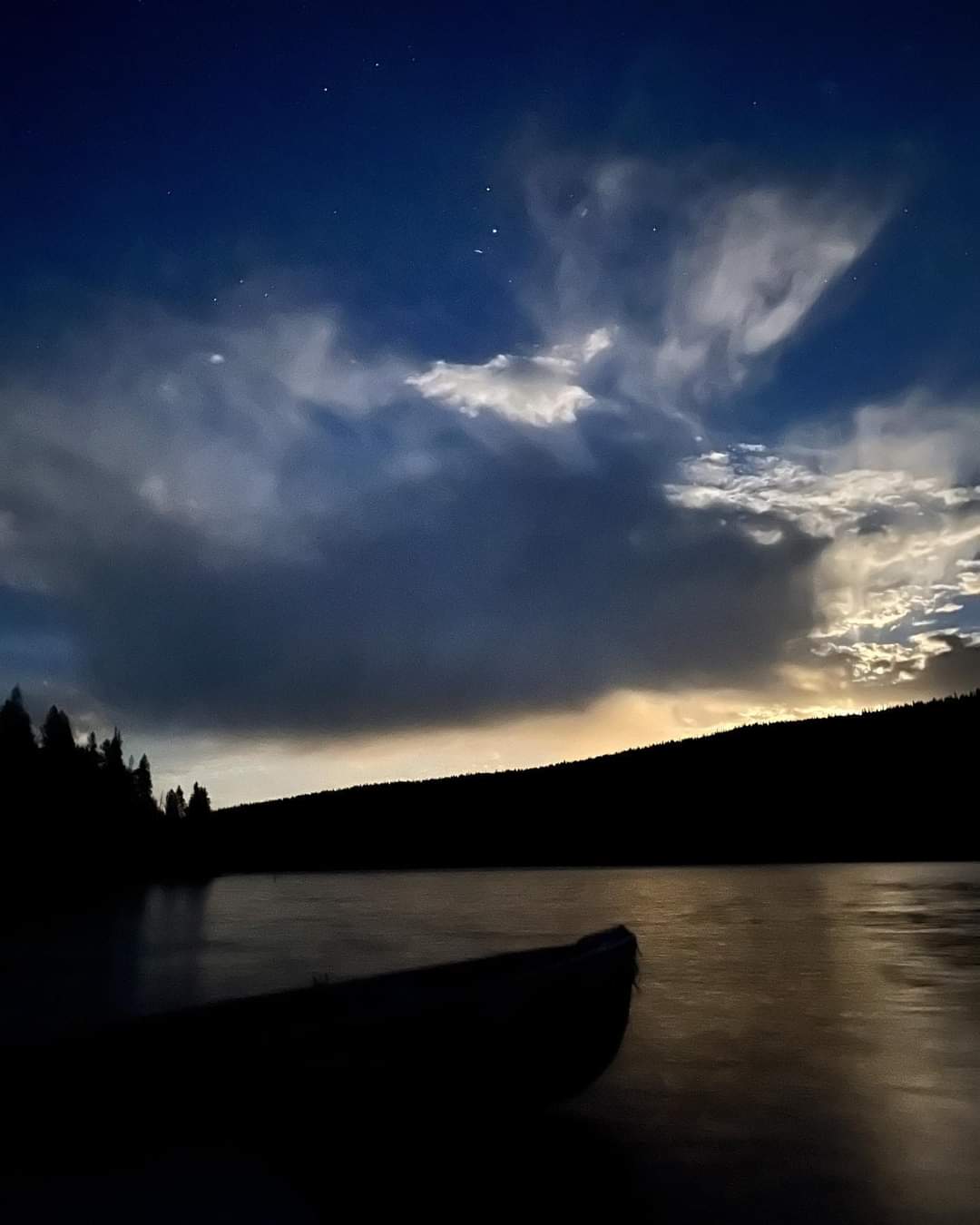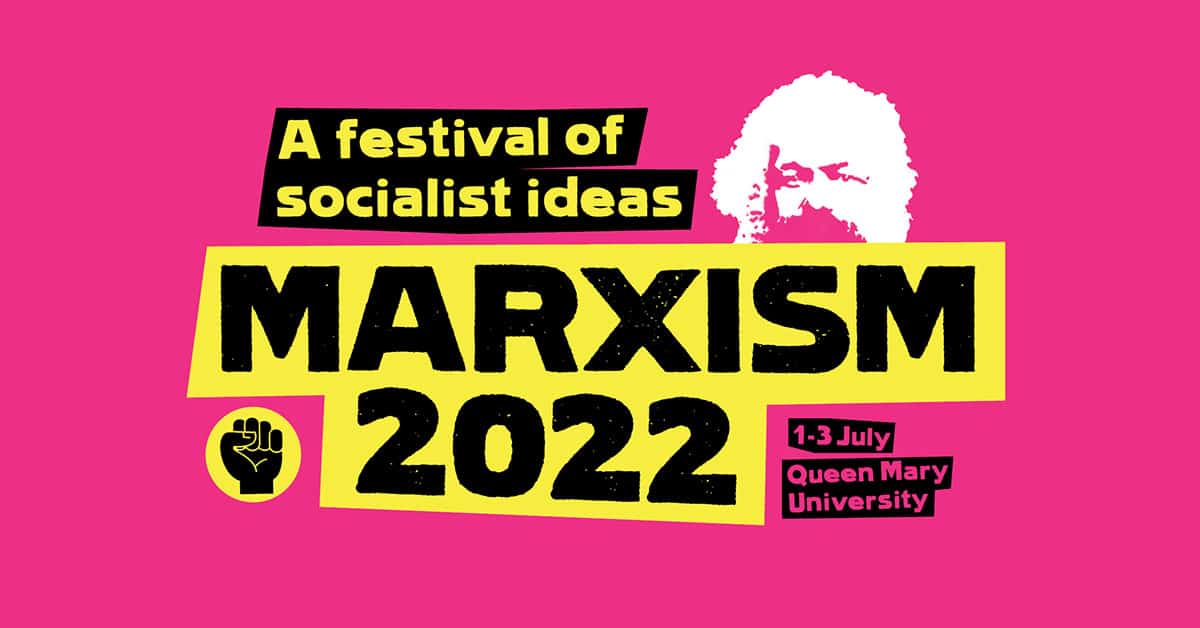Trains of Thought
Cultural Theories of Speed and Solidarity
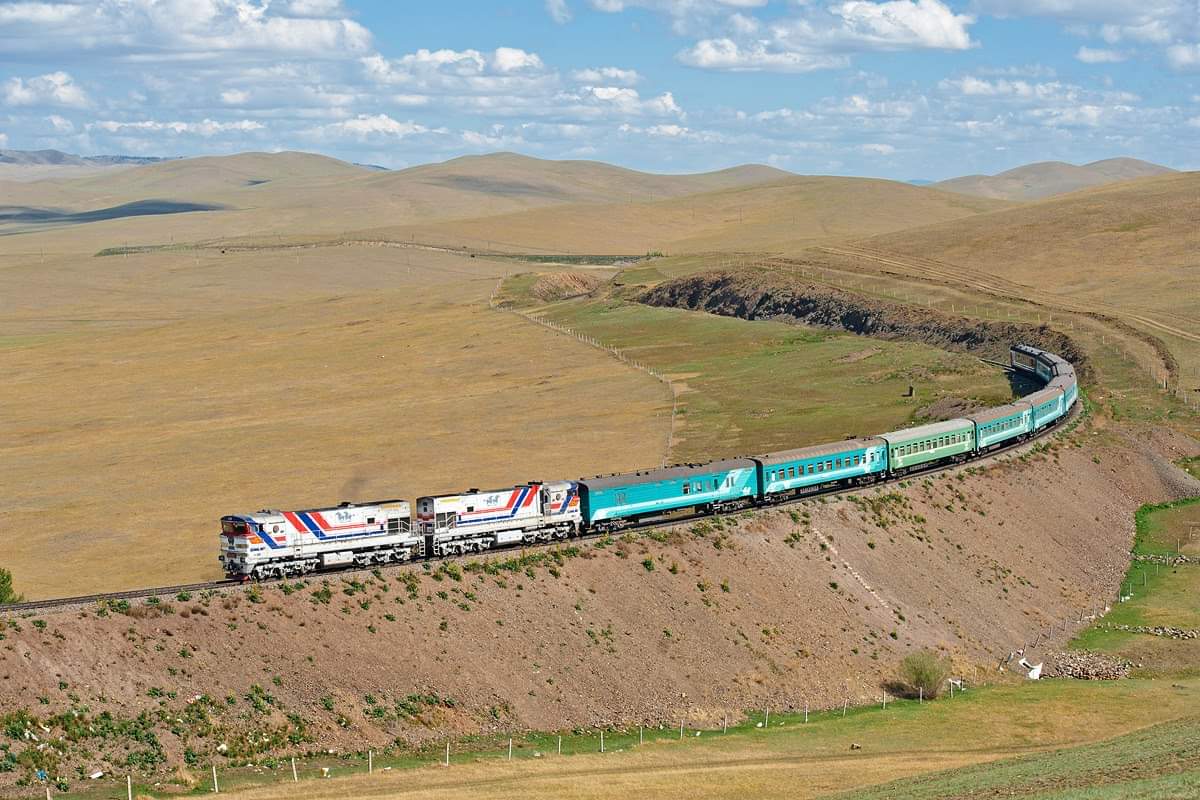
Sunburnt in Siberia: Expecting the Unexpected on the World's Longest Train Ride
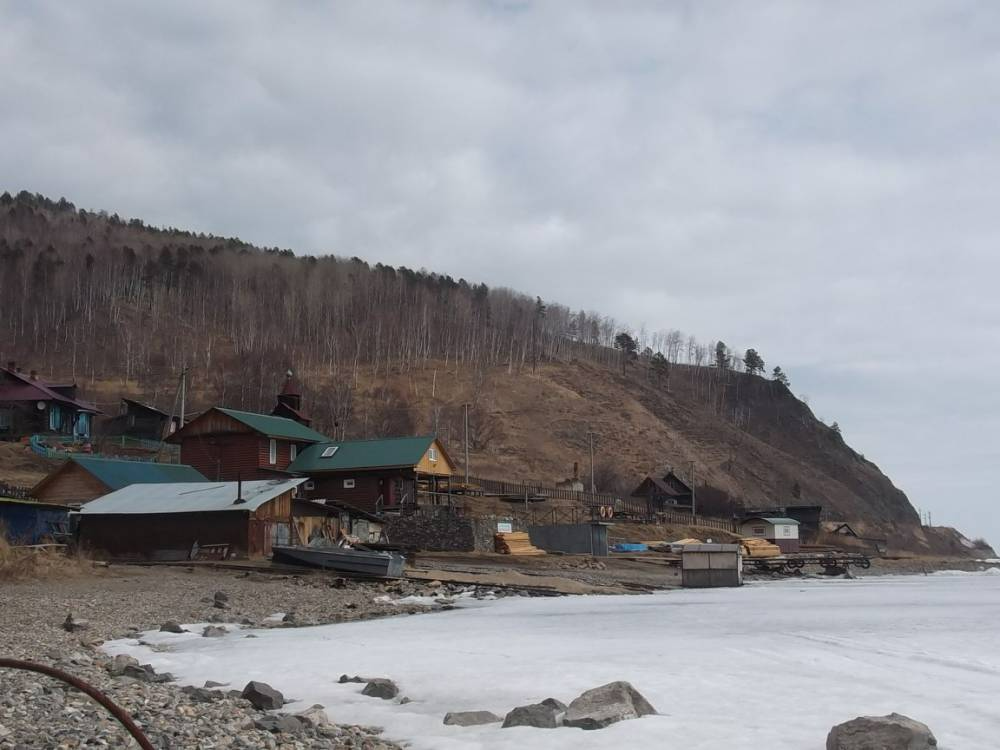
Prelude:
I have now completed the Trans-Siberian Railway, the longest train ride in the world, nearly 10,000 kilometers across seven time zones. It was an exhilarating journey and an exciting opportunity for adventure. I had a great deal of fun and will remember it fondly, but was left humbled. I was often unsure, upset, and constantly weary throughout, though I am happy to say that I never lost my good spirits. It was an honor to see such wonderful people and places, and to do hard things regardless of how they left me at the end of the day. As one might expect on such a journey, I was not only fortunate to experience great things but was also provided with ample time to ponder their significance. Such travel also afforded abundant time for self-reflection, and for considering what such experiences mean in the broader context of my life and in the lives of others. I am not someone who usually shares thoughts this way, but at the urging of one of the wonderful people I met, I will humbly offer four thoughts from my four weeks of travel across the world's largest country, conceived as I explored the particularities of this country and its people but with thoroughly relevant implications for all.
1. A whole is not always the sum of its parts.
In our world of processed images and voracious consumption, composition of the whole is often taken for granted. It is generally a necessity if something is to be shared. A country the size of Russia is an excellent example. In order to understand it, we simplify it. Suddenly, the presence of all these KGB agents in the films makes sense.
Upon closer inspection however, something supposedly monolithic is revealed to be anything but. The Russian nation is a mosaic of Ukrainians, Tatars, Kazakhs, Uzbeks, Belorussians, Yakuts, Buryats, Chinese, Koreans, Finns, and others, not to mention a font of religious pluralism and varied understandings of life and of purpose. This country, often feared as a singular equalizing entity, is the perfect example of depth to be found beneath the surface. In spite of fervent Imperial Russian efforts of internal colonization, as well as more famous Soviet attempts to destroy religious, class, and ethnic differences, the Russian peoples maintain their rich fabrics of life that have made them so enduring.
2. There is a difference between identity and personality.
During my travels I became acquainted with the Russian author Victor Pelevin, whom I enthusiastically recommend; his third novel, entitled Homo Zapiens in translation, makes this distinction clear. In social contexts, human beings create images of self based on acknowledged status symbols, which is known as identity. Developed and defined through the accumulation and elimination of money, these digestible identities are the currency of modern society. They provide an ego of sorts, as well as a group, an opinion, and a safe-haven. At heart, however, they both mask and reflect personality, something singular and special that makes each of us unique. We are taught to fear or mistrust certain identities but often experience cognitive dissonance upon finding that the personality behind the identity is entirely different. Thusly, I have found that abandoning an identity and attempting personal connection with others facilitates learning about yourself and about others, ultimately allowing one to feel comfortable with the world through intimate exposure.
There were very few times this trip where I introduced myself as an American. I only did so when asked, or when showing my passport was required. Instead of wearing my colors on my sleeve, I found it far more fruitful to define myself to others through how we connected. Rather than defining oneself through chasing an identity or claiming stark opposition to another identity, the discarding of identity and other such auspices in interpersonal interaction is a significantly different way of engaging with others. It is a risk, making oneself vulnerable. But it also levels the playing field in a way that allows both parties to express themselves as they choose. Both stand to learn a great deal.
Identities exist for a reason. Tribal by nature, humans feel safe in groups and strive to find ways to belong. We spend our entire lives this way, and one might even call it the meaning of life. We string ourselves onto the beaded thread of society, as Pelevin puts it, hoping for satisfaction and meaning but instead chasing illusory goals. Within the bubble of the ancestral village this is relatively harmless, but in the global village of today zealous adherence to a single worldview in a search for identity is tantamount to severe unawareness. It constitutes being unfamiliar with pluralism. This unawareness and tunnel vision is dangerous, for it perpetuates ignorance, anger, hatred, and misunderstanding. It is a form of ethnocentrism; frightened by the complexity, unfamiliarity, and inexplicable nature of the world, people hold fast to their identities and chase spectral goals through consumption and excretion with no care for the lives of others.
However, to sacrifice such safety in defining oneself by how easily and willingly connection with others is attempted is to reach out across artificial boundaries. We become aware of others and of the complexity of who they are. This brings great joy through discovery and through genuine human contact. It is a chance to encounter true beauty in the characters of ourselves and others. We become privy to the complexity of personality, not of identity. And we become aware of the fact that searching for an identity is a game that has no name. "It's less of a game," Pelevin's hero Babylen Tatarsky muses, "it's more of an official policy". We run from and fear others, both those in our particular rat race and those alien to it yet engaged in races of their own. By facing such fears and overcoming them, by forgoing identity for personality, and by taking a leap of faith, we find not danger or loss but exhilaration and joyous dizziness. Such joy is comparable to that which is achieved through serving others or sacrificing for those you love, only this time it is for those whose nature is alien to us.
Fortunately, common ground can be found through the simplest of activities. For me, it was as easy as sharing food on the train or offering a smile. It brings beautifully genuine contact, if for but a moment, even if neither of you speak the same language or even languages in the same family. It introduces you to a unique individual, who is never the same twice and who could easily have been feared and avoided. It offers a chance to transcend the barriers that divide us. My mother says that you do not have to like everyone, but you have to get along. That piece of wisdom seems to be even more relevant now than ever before. People are meant to be different, it seems. If we were meant to be the same we would be, but we are not. That may never change, and maybe that is for the best. The great illusion of identity exists for a reason, and will not simply go away. But that end is not to be sought. Satisfaction comes instead in the transcending of such barriers, even briefly and in the most fleeting of manners, only to return triumphantly to the ego. Forward to the self, not to the façade! In so doing one experiences more joy and safety, more pride and self-love and self-assurance than in staking any claim to identity. It provides growth and empowerment to the personality, and through it one comes to realize perhaps not the need to abandon identity (and all credit in the modern world!), but instead how to put identity in perspective, to leave its cave even if only for a moment, and return enlightened. The greatest illusion in this world is the illusion of separation.
3. The vastness of space.
If ever there was a time to ponder the infinity of the universe, it would be when crossing the closest thing to it. The steppes and taiga of Northern Asia are boundless- running as far as the eye can see, reaching for the tips of the horizon, escaping conception while daring the mind to try. The forests of this land are breathtaking; I have seen more birch trees in a month than I ever thought possible. The pines too, and the high aspen and proud firs of the taiga dazzle with their numbers, their hardiness, their power. And truly, there is something humbling about gazing upon an empty steppe that extends to the sky, inviting all to attempt in vain to comprehend its vastness.
Many people don't know this, but the Russian people reached the Pacific Ocean in the mid 1600's. By the 1740's they had explored the length and breadth of the Kamchatka Peninsula and had settled in Alaska. The word itself is a Russian perversion of a native Aleut term. The Russians built trading posts as far south as Oregon and California. If they could, a contemporary observer claimed, the Russians would go around the world three times more, and then into space. Since then they have, but the steppe remains the same. The taiga run boundlessly, thick and lush, the grasslands roll on in their vastness, and the swamps still snare cars and trucks as they caught wagons and sleighs hundreds of years ago. The world remains unconquered in many ways, and is not inclined to give up so easily. If as hardy a people as the Russians must still face -45 C during the winter and battle snow that remains a stalwart presence until mid-April, no-one has a chance.
4. Is space an irrelevant concept?
It is fair to say that as 21st century humans we are able to transcend space though time. We do so more regularly than we might think. My flight home, which took nine hours to cover what had taken seven and half days by train, is an excellent example. As McLuhan put it, our visually/spatially dominated world has become an auditory one; we have changed the role and purpose of what space once was. People argue today that we have made space irrelevant through the use of electronic processing, the world of digital imaging, and the maelstrom of symbols that simulate a real world of their own. The world is certainly indelibly different because of it and, without a doubt, hyperreal.
Undergoing the world's longest train ride is a reminder that space is not a concept of the past. It still very much a factor in the world, and it is something we can never fully bypass. Perhaps that is for the best.
When the Trans-Siberian Railway became fully operational in 1916, it took a train ten days to travel from Moscow to Vladivostok. More than a century later and eons later technologically speaking, the same journey takes seven days. Fatima Mernessi believed that humans have left geopolitics behind for chronopolitics, where it is the speed of processing and delivery, the rate of communication and response, that is valued and competed for. While there is no denying the saliency of her words, there was a seemingly inexplicable value I took from this experience that is not based on speedy processing or an image's ability to spread. It is one of the peculiarities of life, something that is difficult to explain, and is not found in books or taught in schools. Sitting on a train, taking in the scenery, waiting for hours and hours with nothing to do but sit and think, dealing with rowdy passengers who ask the same questions for hours in a language I barely understood, and sitting in the cheapest (and smelliest!) on the train provided a wealth of value to me in a manner I cannot quite define.
Fine:
It had its virtues and its annoyances, but however much of an anachronism it may seem taking the train was an excellent opportunity to live in the moment and engage with the beauty at hand. Both experiences are seldom found in this world, this world where speed and efficiency are the names of the game, the game that has no name, the game that is more of an official policy. Where we try to eclipse space through the artifice of time. Where we hurry to use new innovations simply because they are new. Where finding a problem just to find a solution is more important than finding a solution. Where we hasten to the horizon along a dusty track, barely stopping to wipe away sweat, never realizing that the road leads nowhere and that we know not where death waits. Never realizing that it is not by appointment we meet with delight. Never realizing that all of a sudden, as we stop to contemplate and to think, and often to despair- enlightenment.
It was worthwhile to slow down on this trip, both literally and figuratively. It was satisfying, and enlightening, to stop and wipe the sweat away, to become briefly contented in a moment of perfection, before turning to walk off towards the blue sky and the wispy clouds. It was made clear that space is not irrelevant, much as we try to convince ourselves it is. It was also made clear that a part is special and significant, and often not reflected in the whole. Personality cannot always clear the oppression of identity. Life is not always as it seems. Getting sunburnt in the middle of Siberia is definitive proof. But the dusty track will go on towards the sky; life will progress whether we like it or not. There are some hurdles we have not cleared, as much as we try to argue to the contrary. There are some goals we have not achieved. There are some goals we may never achieve. And that's okay.
Composed by Marcus G. Hibbeln and completed 18 April, 2018. Dedicated to Vadim Skovorodin.
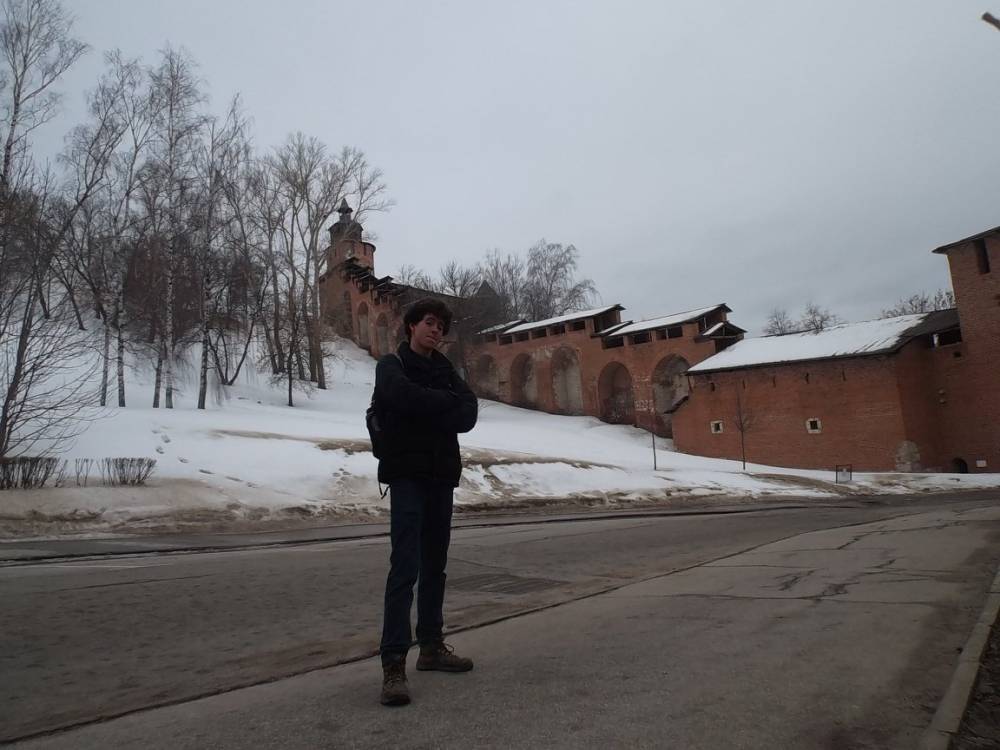
Trains of Thought | All Rights Reserved

